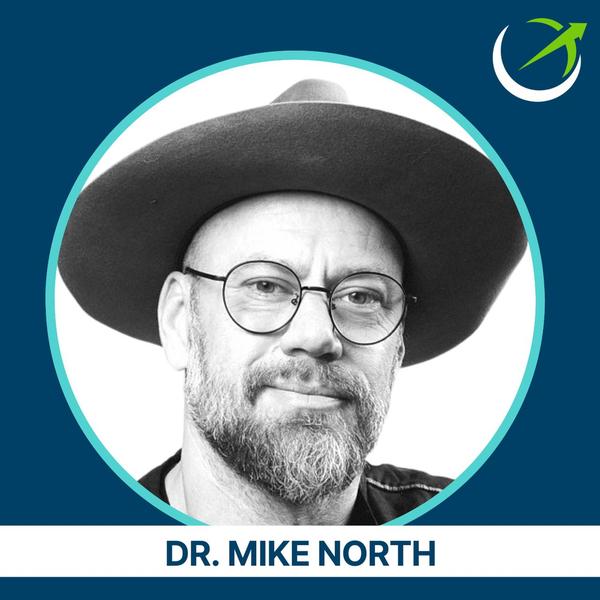Why Your Skin Is Begging You to Heal Your Gut First
Mark Hyman
May 26, 2025
Mindsip insights from this episode:
Reduce insulin spikes to prevent follicular hyperkeratosis and acne
High-sugar and high-starch foods cause insulin spikes that lead to follicular hyperkeratosis, where skin cells get stuck and inflamed, producing acne.
Limit dairy intake to reduce acne risk from hormones
Milk naturally contains around 60 different hormones that act as growth factors, which can stimulate acne in sensitive individuals.
Minimize exposure to endocrine disruptors to protect hormones
Unlike traditional toxicology, endocrine-disrupting chemicals like phthalates and parabens can cause significant hormonal damage even in tiny amounts over time.
Utilize borage oil to reduce rosacea inflammation
Borage oil, a source of the powerful anti-inflammatory omega-6 fatty acid GLA, can be very helpful for dampening the inflammatory response in patients with rosacea.
Harness sun exposure to boost endorphin production
The body produces its own endorphins in response to sun exposure, which is a built-in reward mechanism that can even lead to 'sunshine addiction.'.
Utilize gastrin blood test to predict heartburn medication withdrawal
A gastrin blood test can measure how high your stomach acid has rebounded, predicting how difficult it will be to get off acid-blocking medications like PPIs.
Recognize rosacea as a potential indicator of Alzheimer's risk
A research paper suggests that having rosacea is correlated with a higher incidence of Alzheimer's disease, indicating it's a systemic issue, not just cosmetic.
Address internal issues to resolve skin conditions
The majority of skin conditions like acne, eczema, and psoriasis originate from internal issues, not external factors that can be treated with topical creams.
Avoid topical antibiotics to protect skin microbiome
While helpful in the short term, topical antibiotics for acne can damage the skin's microbiome, creating an imbalance that makes you more prone to future breakouts.
More from
Mark Hyman
You also might be interested in
Dr. Casey Means: Eat like THIS to reduce your Risk of Metabolic Disease!
Biohacking Fertility for Men and Women at Any Age
Improve Energy & Longevity by Optimizing Mitochondria | Dr. Martin Picard
Dr. Casey Means: Stop Ignoring Your Health — Do These 5 Free Tests!
The Untold Science Of Vibration Therapy & The “BioDrive” Breakthrough That Regulates Your Mind and Body, With Dr. Mike North














